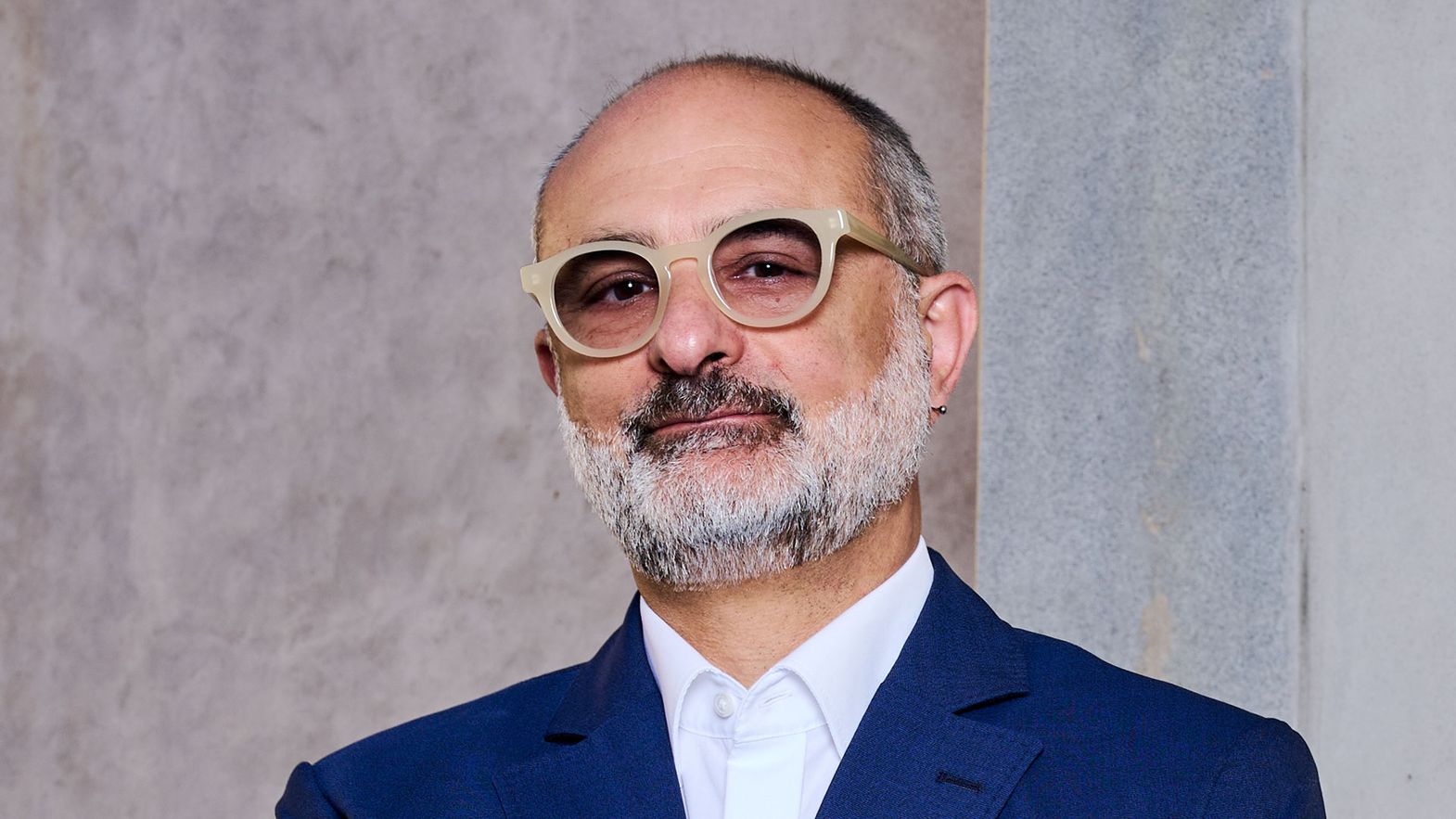Content language:

Let us hypothesize: what if cinema were not (only) the mirror of reality, but its dream? We would thus find ourselves at the very origins of film and what it represents. The Lumière vs. Méliès dilemma. Although, upon closer observation, one could argue that the true visionaries were the Lumière brothers (the reinvention of reality) and the documentary filmmaker was Méliès (the live account of how the cinema-machine works). This tension is the infrastructure of the new edition of the Locarno Film Festival. We began to work on the entire range of the selection as soon as the curtain fell on the previous festival run. Film after film, we have pieced together a mosaic that reflects the multiple forms of contemporary cinema. Being aware that cinema as a form of art exists only as long as it has a dialogue with a wide audience, we have avoided the comfort of elitism, questioning ourselves once again as critics, programmers, and curators. And as spectators, always.
The previous edition’s success is a known fact. Its films have enjoyed a tangible success in terms of audience, critics, and commercially, finding their natural outlet in theatres. Film festivals participate in an industrial discourse, of which Locarno is an integral part being Switzerland’s largest film event – a position we claim and defend. In the service of auteur cinema, in all its forms, the competition features top-tier names.
From well-established film directors, such as Hong Sang-soo, Wang Bing, Ben Rivers, Pia Marais, Silvia Luzi and Luca Bellino, including Ala Eddine Slim, Gürcan Keltek and Kurdwin Ayub, Christoph Hochhäusler, the Zürcher brothers and Laurynas Bareiša, to Mar Coll and Sara Fgaier, Marta Mateus, Sylvie Ballyot, and Virgil Vernier, the competition is a deep immersion into the possibilities of contemporary film language.
An ambitious competition that consciously, critically, seeks a dialogue with the audience at a time in which both history and all its stories are imperiously knocking on the doors of cinema. Without ever giving up on pleasure. How to create a fruitful relationship with the audience and the adventurous viewer who commits their time to encounter the world? How to regain, once again, a space that is different from the relentless flow of news and from the images that cover the entire spectrum of contemporary communication?
The names called to be part of this conversation to rethink our times are key artists in the development of present-day cinema. In the non-competitive sections too, artists like Edgar Pêra, Radu Jude, Bertrand Mandico, and Fabrice Du Welz, with their fresh approaches to the film-essay, or Marco Tullio Giordana and Isild Le Besco, with their cinema rooted in the abysmal depths of the unspoken in families and related traumas, are key elements of vital conversations.
Scrolling through the list of countries represented across the festival sections, we are met with a possibility of a world: another potential world. A polycentric world that is open to otherness and to one’s neighbour, a curious, generous world.
In the spirit of Rossellini, we continue to believe that cinema means ‘to work for humankind’: to explore the forms of language that are still possible and to question the issues that run through us. Unique moments of pleasure shared in front of the world’s largest screen. Encounters of communities who gather in front of a film as if around a bonfire to get warm with the pleasure of telling stories and being together as a society.
It is from the encounter that we think and build the future.
Therefore, a cinema in the present tense without ever giving in to the illusory comfort of nostalgia, as is the case with our retrospective dedicated to the 100th anniversary of Columbia, which plunges into the heart of a yet largely unexplored heritage and brings back to light all the glamour, fun, and novelty of a film production that has marked our way of thinking the moving images.
Happy cinema to everyone! See you in Piazza Grande!
Giona A. Nazzaro
Artistic Director of the Locarno Film Festival